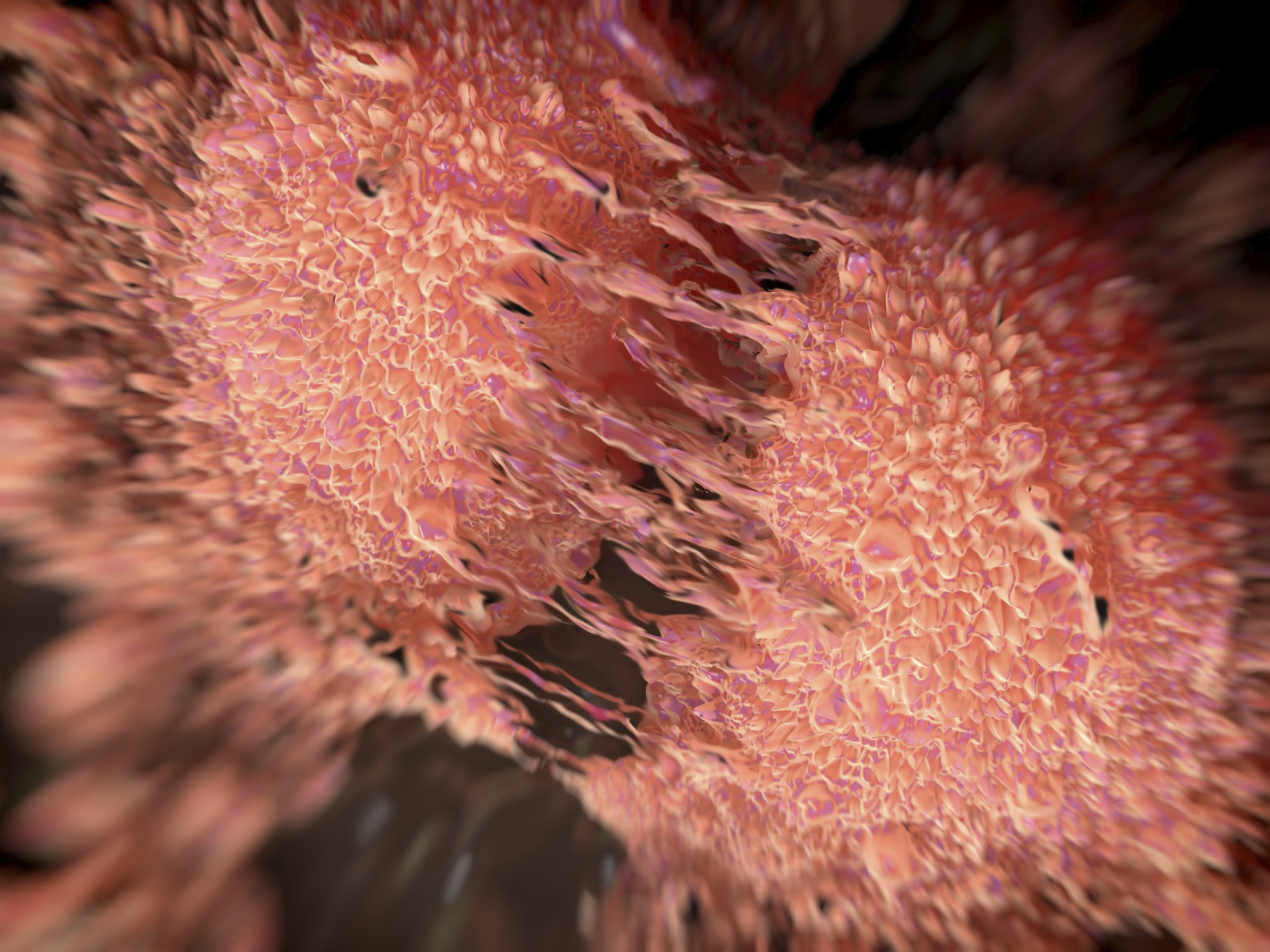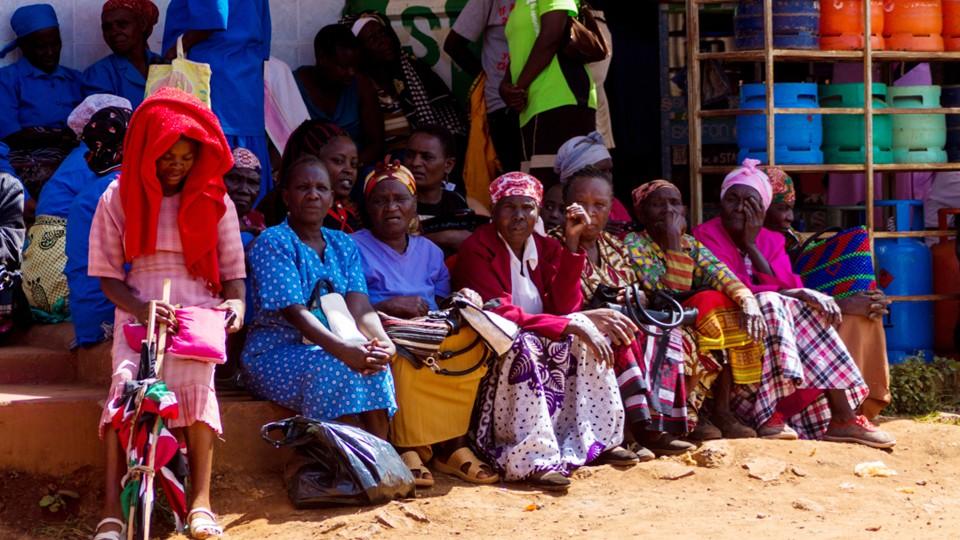NICE finally recommends Eisai breast cancer drug after rethink

Eisai’s Halaven breast cancer drug will be funded on the NHS, after new evidence and a price cut convinced NICE that it is cost-effective.
In second draft guidance, NICE said updated trial evidence showed women taking Halaven (eribulin) lived on average almost three months longer compared with standard treatment.
NICE said it had taken into account health related quality of life data from another trial comparing Halaven with capecitabine.
Eisai has also agreed to supply the drug at an undisclosed discount, which meant NICE considered the drug to be cost-effective under more lenient arrangements for medicines used at the end of patients’ lives.
The manufacturer pointed out that this is the first time in almost a decade that NICE has recommended a breast cancer drug for regular funding on the NHS.
Eli Lilly's Gemzar (gemcitabine) was the last breast cancer drug recommended by NICE, back in 2007.
Gary Hendler, chairman and chief executive of Eisai EMEA, said: "Eribulin was approved in March 2011 and after years of uncertainty for patients and poor management of the Cancer Drugs Fund, people with locally advanced or metastatic breast cancer in England will finally now have routine access to eribulin.
"Over a period of more than five years Eisai has shown great flexibility in pricing to maintain patient access to eribulin both in the CDF and with NICE and would like the same opportunity to enable access to our newer cancer drug lenvatinib for radio-iodine refractory differentiated thyroid cancer patients, however so far an unacceptable process has again taken precedence over patients."
NICE was reassessing Halaven as an option for patients with locally advanced or metastatic breast cancer that has spread after at least two chemotherapy regimens, which may include an anthracycline or a taxane, and Xeloda.
Originally rejected by NICE almost five years ago, Halaven had been paid for by the Cancer Drugs Fund – although at one point it was almost delisted by the scheme’s administrators as part of a cost-cutting drive.
NICE is currently re-assessing all the drugs that were reimbursed by the fund, which was massively overspent.
Professor Carole Longson, director of the centre for health technology evaluation at NICE, said: “For this appraisal we’ve been able to consider updated results from the trial used in the original guidance that show women taking eribulin lived on average almost three months longer compared with women taking other treatments.
"We’ve also been able to take into account the results for health-related quality-of-life from another trial that compared eribulin with capecitabine.”
“This new evidence, together with the discount available through the patient access scheme, enabled the appraisal committee to conclude that erubilin represents good value for money.”
At a press briefing this week, pharma leaders expressed concern that Japanese firms such as Eisai may leave the UK, should the European Medicines Agency relocate to another country after Brexit.












